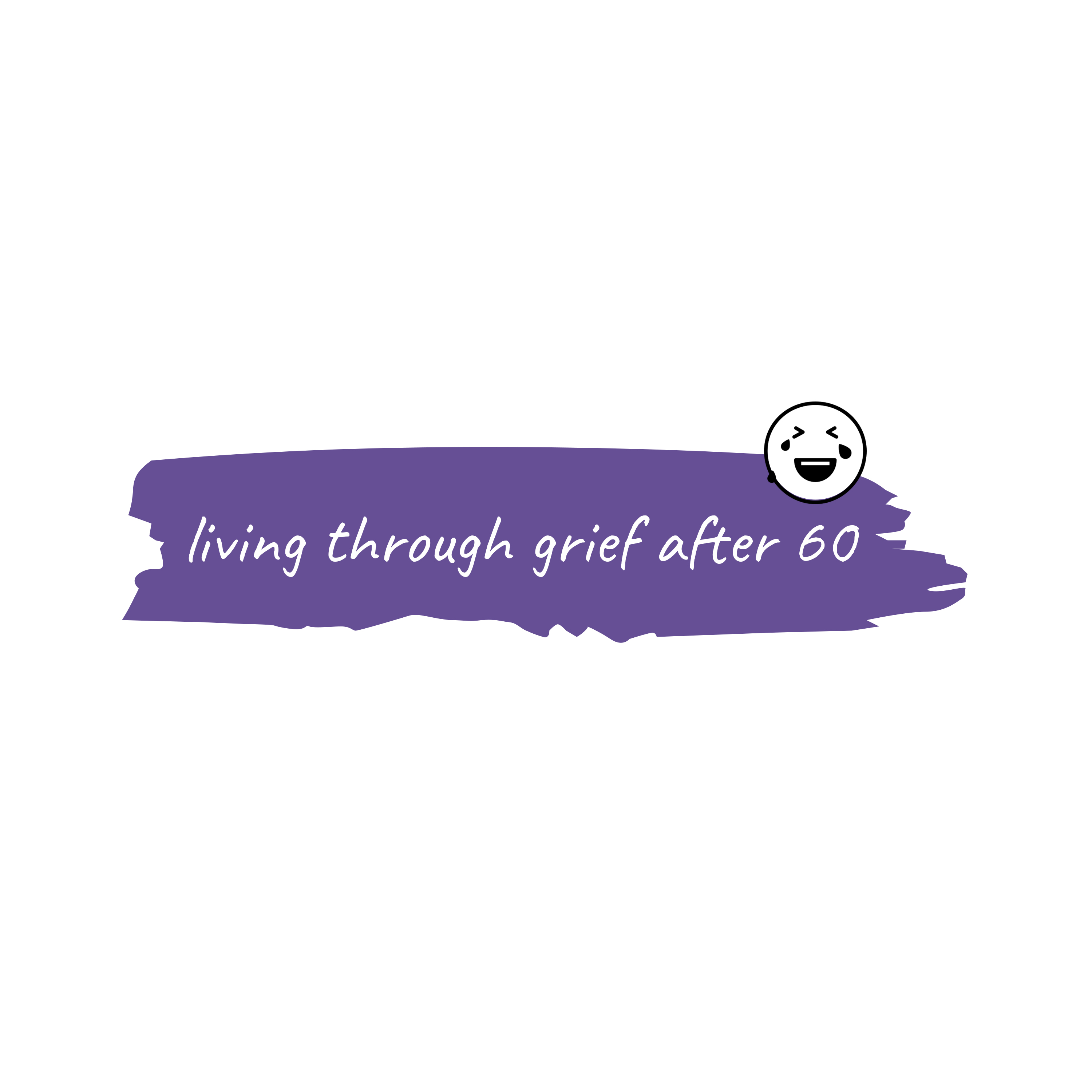This post may contain affiliate links, and I may earn compensation when you click on the links at no additional cost to you.
Introduction
ValuePenguin commissioned surveys in April 2020 and September 2020. The surveys focus on how seniors are coping with increased loneliness due to social distancing brought on by the coronavirus pandemic. The following article will focus on challenges seniors face as they continue to cope with loneliness. A similar article, Statistics, the Coronavirus, and Non-Death Loss , written in June 2020, focused on anxiety sources and change in anxiety levels.
Loneliness is “…a serious health concern with long-term issues associated with depression and anxiety”, according to the Mayo Clinic, Sterling Price reported in ValuePenguin in April 2020. We are social creatures and we need each other. Social distancing has resulted in depression, loneliness and anxiety for everyone regardless of age.
There is hope. A new service that sends notecards to seniors will be introduced at the conclusion of this article.
Differences Between Findings
Loneliness as a result of “social distancing” was the main focus of the April 2020 survey. The challenges seniors face as they continue coping with loneliness as a result of social distancing was the key focus of the September 2020 survey.
Key Findings – April 2020
The primary key findings in Price’s article in April 2020 included:
- “55% of respondents said their mental health is suffering because of the coronavirus outbreak;
- 47% of Americans said they’re feeling more lonely than usual because of the coronavirus pandemic and the isolation it’s caused.
- Women, those who live alone, singles, and childless Americans cited higher instances of loneliness;
- Only half of Americans said they speak to loved ones daily. But, 1 in 10 said virtual video chats and phone calls only exacerbated feelings of loneliness.
- More than 1 in 5 wants to try out a virtual therapist but hasn’t yet due to concerns over whether insurance covers it.
- “59% don’t know where to find free mental health resources to access from home”.
Characteristics of Mental Health Changes
Price asked respondents how much the pandemic outbreak has negatively affected their mental health. They responded as follows:
- “Fears that I or a loved one will contract the virus – 58.95%;
- Anxiety around the overall state of uncertainty the virus has caused – 58.18%;
- Worries about loss of income – 52.16%;
- Feeling lonely – 42.75%;
- Financial stress other than loss of income – 36.73%;
- Increased work-related stress – 19.60%;
- Something else – 4.48%”.
Pros and Cons of Technology And Communication
Video chats and phone calls have actually made people feel less lonely, Price found. Being compelled to stay at home has “forced Americans to be cut off from greater society, meaning less interaction with other individuals and possibly loved ones”, Price added.
Emotions Experienced by Respondents
The pandemic has led to many emotions for Americans of all ages, Price found, including:
- 58% feel anxious;
- 39% are scared;
- 38% feel lonely;
- 36% are exhausted, and
- 30% feel angry.
Overall, nearly 93% of respondents have reported an increase in “some sort of emotions” over a 30 day period, Price shared. Sixty-seven percent of women and 50% of men said they feel more anxious, Price found. However, 26% of Americans said they continue to “have a relaxed outlook, Price added.
The Effect of Loneliness on Mental Health
“Social distancing” has led to increased loneliness. Social gatherings and communication are the foundation of human life, but people remain isolated from each other, Price wrote. “Only half of Americans said they speak to each other on a daily basis”, Price found.
Key Findings – September 2020
Andrew Hurst, writing in ValuePenguin in September 2020, found the following results:
- “36% of seniors aged 75 and older report increased feelings of loneliness amid the pandemic” because they’re unable to visit with their loved ones. “An additional 10% said they also feel lonely, but no more than they did prior to the pandemic.
- 44% of Americans said they’re talking to elderly relatives more frequently than they did before the pandemic“; respondents 75 and older wish their loved ones would call more often.
- “One in three Americans – and 57% of those aged 18-23 – have argued with an elderly relative about the coronavirus pandemic. Of those who have, 23% don’t think their loved one is taking enough precautions, while 10% believe their relative is taking too many precautions.
- Just 14% of people are worried about their elderly friends or relatives being taken advantage of by scams, while fewer than 10% of the elderly are worried about their younger relatives losing income or their jobs.
- 41% of all consumers don’t trust nursing homes and assisted living facilities to keep residents safe amid the pandemic”. Twenty-five percent of young people stated that they have in fact “increased their in-person visits to their older relatives during the pandemic”.
Seniors and Technology as a Result of Pandemic
About 25% “of elderly Americans wished their relatives would simply speak to them more on the phone”, Hurst found. Some seniors enjoy talking to loved ones via video and/or texts. Others simply prefer to talk with relatives over the phone.
How Pandemic Has Increased Seniors’ Loneliness
Respondents reported the following results on how they cope with increased loneliness, Hurst found:
- They feel less lonely, but for another reason – 2%.
- Seniors feel less lonely because their loved ones are calling or writing more – 4%.
- They feel more lonely, but for another reason – 8%.
- Seniors feel lonely, but in the same way they did before the coronavirus pandemic” – 10%.
- They are more lonely because they are unable to visit with loved ones” – 28%.
- Seniors don’t feel lonely, and they didn’t before the coronavirus pandemic” – 48%.
How Seniors are Concerned About Their Younger Relatives
Seniors are more worried about their younger relatives getting the coronavirus than getting it themselves. Hurst’s findings included:
- “About 46% are worried that the virus would infect their loved ones”. This is a higher percentage than the nearly 1 in 3 who are frightened they’ll get it themselves.
- “26% of older Americans are worried that the pandemic is causing their loved ones to miss out on life experiences”,
- “15% feel their relatives aren’t taking the virus seriously enough”‘.
We have seen pictures of young people crowding together at parties and beaches. They are not socially distant nor are they wearing masks. Young people who contract the virus eventually pass it on to their parents and grandparents. While 36% of seniors feel lonelier than ever since the pandemic began, they are more worried about their younger relatives’ safety and health, Hurst found.
Young people in general are worried about their older loved ones’ health, Hurst added. One in four younger respondents are worried about their elderly relative’s mental health, Hurst discovered.
How In-Person Contact With Older Relatives Has Changed
Younger relatives’ in-person contact with their older relatives has changed as follows, Hurst found:
- More frequently – 25%;
- Less frequently – 35%;
- The same – 40%.
“Many Americans could be endangering themselves”, with more frequent visits to loved ones, Hurst wrote. Eleven percent of seniors said they wish their relatives would visit them more often, Hurst added.
Mental Health Challenges as Result of the Pandemic
Loneliness is defined as “a feeling of sadness and unhappiness about being socially isolated, Price wrote. Seniors are reluctant to seek help for depression and anxiety because of the stigma associated with mental illness. “The Unique Grief of Mental Illness“, written in May 2019, outlines the challenges seniors face in seeking mental health care.
Suggested Mental Health and Loneliness Resources
The National Alliance on Mental Illness is an excellent website to access mental health resources from the comfort and safety of home. Seniors should reach out to their mental health provider, Price suggested. If seniors believe they are suffering from mental illness and need help immediately, they can reach out to the Substance Abuse and Mental Health Services Administration, Price said. Their “national help hotline is free, available 24/7 and does not require health insurance”, Price added.
How You Can Help Isolated Seniors
Notes to Brighten is a new start up that provides “snail mail” service to lift the spirits of isolated seniors, Tom Wilson said. The National Institutes on Health (NIH) found that “isolation among the elderly not only fuels loneliness and depression, it can increase the risk of chronic diseases”, Wilson continued.
How Does Notes to Brighten Alleviate Loneliness?
Young people are more likely to send texts or have conversations via Zoom or Skype than send cards. Seniors relied on cards and letters to get through wars, courtships and holidays, Wilson wrote.
“Notecards can be displayed, reread and act as reminders that family and friends still care”, AARP found, Wilson said. Getting cards in the mail helps seniors feel connected to their loved ones, Wilson found. But, more important, receiving cards is a tangible reminder they are loved, Wilson added.
Notes to Brighten is designed for seniors 60 and over. The cards feature Images such as “…classic woody wagons and drive-in movie theatres to peaceful lake scenes and colorful trees in fall”. They include a story that takes them to simpler times and a sender’s personal sign-off, Wilson continued. Please click on the link above for more information.
To Be Continued…
ValuePenguin plans on doing a follow-up survey in November 2020. This survey will focus on seniors’ feelings about celebrating the holidays with COVID-19 restrictions. A follow-up blog will be written.
Further Information
Together: The Healing Power of Human Connection in a Sometimes Lonely World outlines how isolation affects the mental and physical well-being of seniors.


Touche. Outstanding arguments. Keep up the great spirit. Moyra Dore Eisler